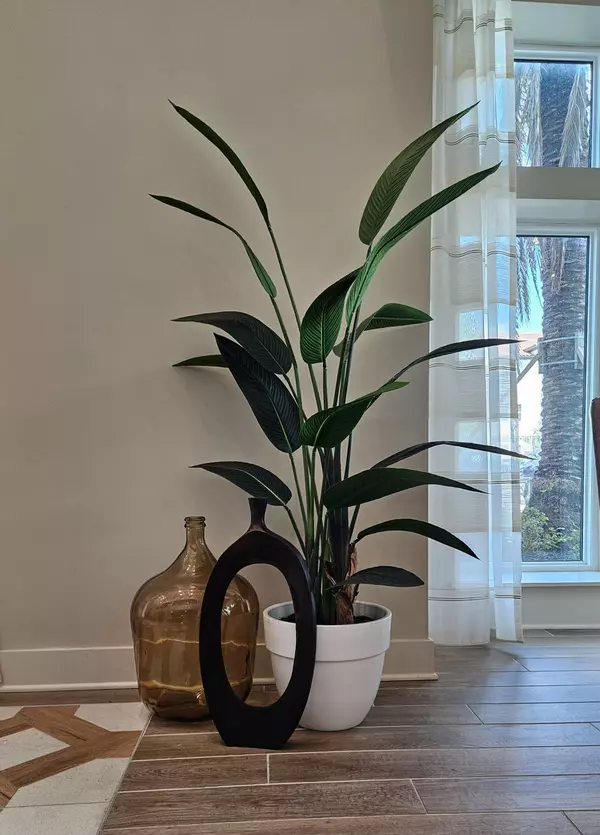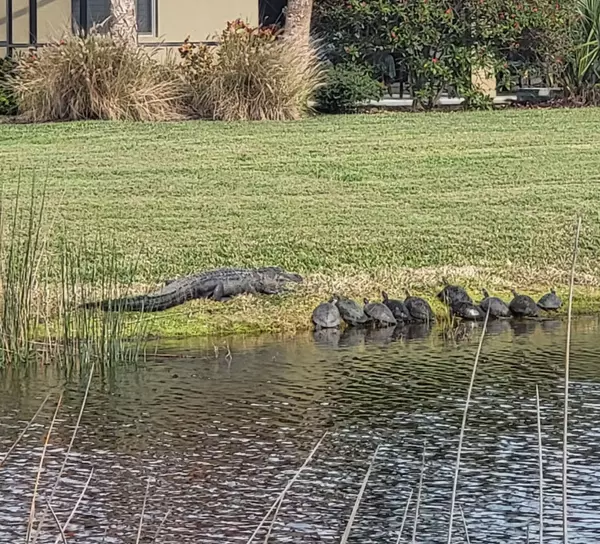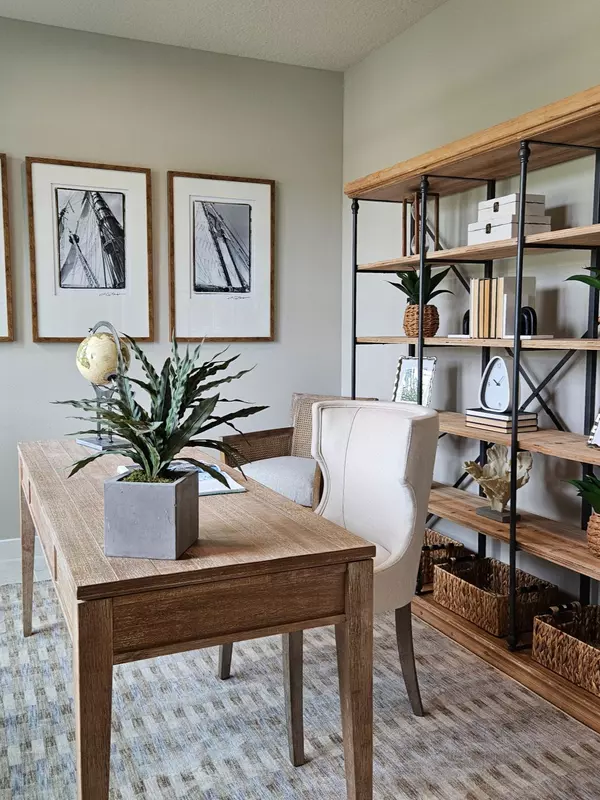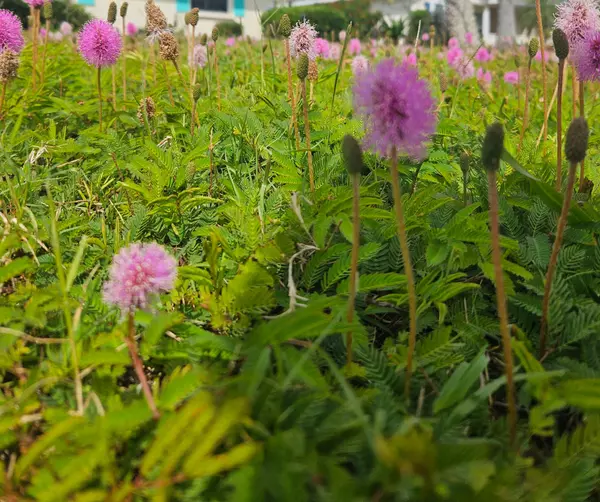Living Off the Grid (Sort Of): Understanding Wells and Septic Systems in Venice, FL


While Venice, Florida, offers the charm of coastal living and modern amenities, some properties, particularly those in more rural or less densely developed areas, rely on private wells for their water supply and septic systems for wastewater treatment. If you're considering purchasing a home with these systems, or if you already own one, it's crucial to understand how they work and the responsibilities that come with them. Let's dive into the world of wells and septic systems in our sunny corner of Southwest Florida.
The Independent Water Source: Private Wells in Venice
Unlike homes connected to the city or county water supply, properties with private wells draw their water directly from underground aquifers. This can offer a sense of independence and potentially lower monthly water bills. However, it also comes with the responsibility of maintaining the well and ensuring the water quality.
How Do Private Wells Work?
A typical residential well in Venice involves:
- A Well Casing: A pipe that extends from the surface down into the water-bearing aquifer.
- A Submersible Pump: Located within the well, this pump pushes the water up to the surface.
- A Pressure Tank: This tank stores a supply of pressurized water, allowing for consistent water flow when you turn on a faucet.
- Piping: Delivers water from the pressure tank to your home's plumbing system.
Key Considerations for Well Owners in Venice:
- Water Quality Testing: Regular testing of your well water is paramount. Florida's groundwater can have varying levels of minerals and potential contaminants. It's recommended to test annually for bacteria, nitrates, and other common issues. You might also consider testing for specific concerns like saltwater intrusion, which can be a factor in coastal areas like Venice.
- Well Maintenance: Like any mechanical system, wells require maintenance. This can include checking the pump, pressure tank, and wiring. Periodic professional inspections are advisable to ensure everything is functioning correctly and to identify potential problems early.
- Well Permits and Regulations: When installing a new well or making significant repairs, you'll likely need to obtain permits from the Southwest Florida Water Management District (SWFWMD) and possibly local authorities. Familiarize yourself with these regulations.
- Power Dependency: Your well pump relies on electricity. Power outages can leave you without water. Consider having a backup generator, especially during hurricane season.
- Potential for Dry Wells: While less common, wells can sometimes run dry, especially during prolonged periods of drought. Understanding the history and yield of your well is important.
Treating Your Well Water:
Depending on the results of your water quality tests, you might need to install a water treatment system. Common options include:
- Water Softeners: To address hard water issues common in Florida.
- Filtration Systems: To remove sediment, chlorine (if added), and other impurities.
- Reverse Osmosis (RO) Systems: For high-quality drinking water by removing a wide range of contaminants.
Managing Wastewater: The Role of Septic Systems
For properties not connected to the municipal sewer system, a septic system provides on-site wastewater treatment. It's a self-contained system that relies on natural processes to break down and filter household wastewater.
How Does a Septic System Work?
A typical septic system consists of two main parts:
- The Septic Tank: A watertight container, usually buried underground, where solid waste settles to the bottom (forming sludge) and lighter materials like grease and oil float to the top (forming scum). Anaerobic bacteria begin to break down the solids.
- The Drainfield (or Leach Field): A series of underground trenches lined with gravel or other porous material. Partially treated wastewater (effluent) flows from the septic tank into the drainfield, where it is further filtered by the soil before eventually reaching the groundwater.
Key Considerations for Septic System Owners in Venice:
- Regular Pumping: The septic tank needs to be pumped periodically (typically every 3-5 years, depending on usage) to remove accumulated sludge and scum. Neglecting this can lead to system failure and costly repairs.
- Proper Usage: Be mindful of what goes down your drains. Avoid flushing non-biodegradable items, excessive grease, and harsh chemicals, as these can harm the system's beneficial bacteria and clog the drainfield.
- Drainfield Protection: Avoid driving or parking heavy vehicles over the drainfield area, as this can compact the soil and impede drainage. Plant only shallow-rooted vegetation over the drainfield.
- Inspections and Maintenance: Regular inspections by a licensed septic contractor can help identify potential problems early. Look for signs of issues like slow drains, sewage backups, or soggy areas over the drainfield.
- Permits and Regulations: Installation, repair, and modification of septic systems require permits from the Florida Department of Health and local authorities.
Septic System Challenges in Venice:
- High Water Table: Venice's proximity to the coast means a relatively high water table in some areas. This can impact the effectiveness of septic systems and may require specific design considerations.
- Soil Conditions: The type of soil can affect drainage in the drainfield. Proper soil testing is crucial during installation.
The Importance of Due Diligence:
If you're considering buying a property with a well and/or septic system in Venice, thorough due diligence is essential. This includes:
- Inspecting the well and septic system: Hire qualified professionals to assess their condition and functionality.
- Reviewing maintenance records: Ask the seller for any documentation of past maintenance and pumping.
- Testing the well water: Conduct your own water quality test.
- Understanding the local regulations and permitting requirements.
Living with Wells and Septic: A Unique Aspect of Venice Living
While requiring a bit more proactive maintenance than public utilities, wells and septic systems can offer a degree of self-sufficiency. By understanding how these systems work and taking proper care of them, homeowners in Venice can enjoy the benefits of their property while ensuring the longevity and effectiveness of their essential services. It's a different way of living, one that connects you more directly to the natural resources of our beautiful Florida environment.
Categories
- All Blogs (71)
- Cost of Living in Venice, FL (3)
- Dog Friendly (1)
- Downtown Venice, FL (1)
- Golf in Venice, FL (1)
- Healthcare in Venice, FL (1)
- Job Opportunities in Venice, FL (1)
- Legal Considerations (9)
- Lifestyle and Culture (4)
- Move to Venice, FL (24)
- Nearby Areas & Comparison Guides (7)
- Neighborhoods in Venice, FL (14)
- Property Taxes in Venice, FL (2)
- Relocation Questions & Miscellaneous Topics (15)
- Retire in Venice, FL (5)
- Schools in Venice, FL (1)
- Things to do in Venice, FL (7)
Recent Posts











